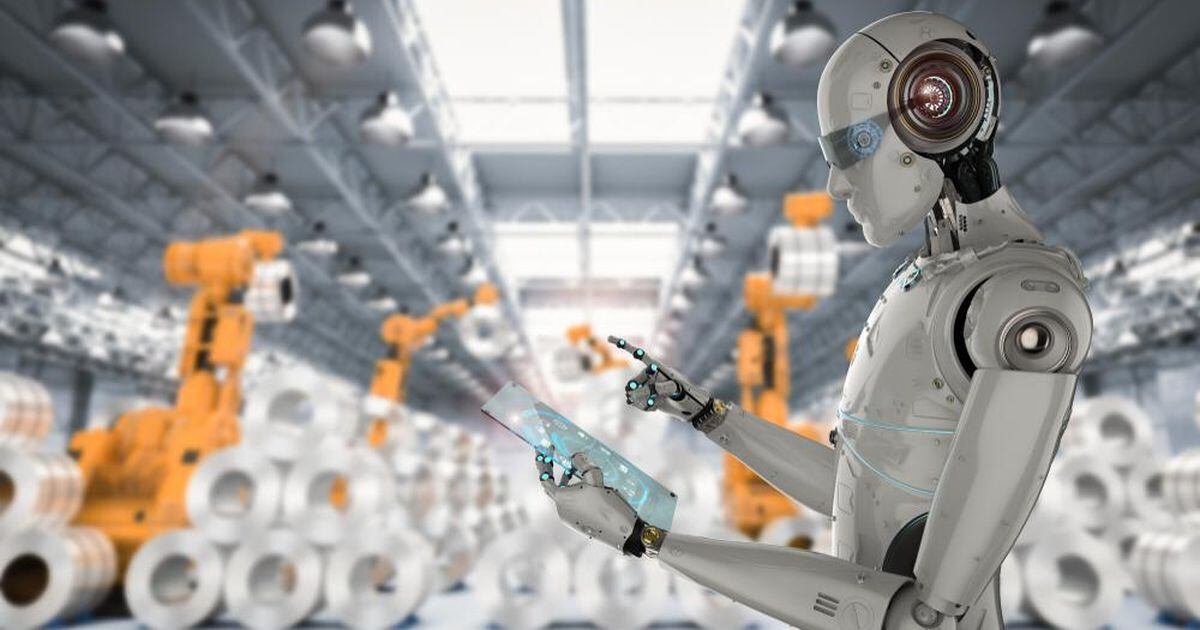How to Learn AI from Scratch: A Comprehensive Guide for Beginners
Artificial Intelligence (AI) is no longer just a buzzword; it’s a transformative technology reshaping industries, from healthcare to finance, and even creative fields like art and music. If you’ve ever wondered how to learn AI from scratch, you’re not alone. The field may seem intimidating at first, but with the right approach, anyone can build a strong foundation and even specialize in this exciting domain. This guide will walk you through the steps to start your AI journey, even if you’re a complete beginner.
Understand What AI Is and Why It Matters
Before diving into the technical aspects, it’s essential to understand what AI is and why it’s so important. AI refers to the simulation of human intelligence in machines that are programmed to think, learn, and make decisions. It encompasses various subfields, including machine learning (ML), natural language processing (NLP), computer vision, and robotics.
AI is driving innovation across industries, from self-driving cars to personalized recommendations on streaming platforms. By learning AI, you’re not just acquiring a skill; you’re positioning yourself at the forefront of technological advancement.
2. Build a Strong Foundation in Math and Programming
AI is built on a foundation of mathematics and programming. If you’re starting from scratch, here’s what you need to focus on:
- Mathematics: AI relies heavily on linear algebra, calculus, probability, and statistics. These concepts help you understand how algorithms work and how data is processed. Resources like Khan Academy or online courses on platforms like Coursera can help you brush up on these topics.
- Programming: Python is the most popular programming language for AI due to its simplicity and extensive libraries. Start by learning Python basics, then move on to libraries like NumPy, Pandas, and Matplotlib for data manipulation and visualization.
Learn the Basics of Machine Learning
Machine learning (ML) is a subset of AI that focuses on training machines to learn from data. It’s the backbone of most AI applications. To get started:
- Understand Key Concepts: Learn about supervised learning, unsupervised learning, and reinforcement learning. Familiarize yourself with terms like regression, classification, clustering, and neural networks.
- Take Online Courses: Platforms like Coursera, edX, and Udacity offer beginner-friendly courses. Andrew Ng’s Machine Learning course on Coursera is a highly recommended starting point.
- Practice with Datasets: Use platforms like Kaggle to work on real-world datasets and participate in competitions. This hands-on experience is invaluable.
Dive into Deep Learning
Deep learning is a more advanced subset of ML that uses neural networks to model complex patterns in data. It’s the technology behind breakthroughs like image recognition and natural language processing.
- Learn Neural Networks: Start with the basics of how neural networks work, including layers, activation functions, and backpropagation.
- Explore Frameworks: TensorFlow and PyTorch are the most popular deep learning frameworks. Both have extensive documentation and tutorials to help you get started.
- Build Projects: Apply your knowledge by building projects like image classifiers, chatbots, or recommendation systems.
Explore Specialized AI Fields
Once you’ve mastered the basics, you can explore specialized areas of AI based on your interests:
- Natural Language Processing (NLP): Learn how machines understand and generate human language. Applications include chatbots, sentiment analysis, and language translation.
- Computer Vision: Focus on teaching machines to interpret visual data. This is used in facial recognition, autonomous vehicles, and medical imaging.
- Reinforcement Learning: Study how machines learn by interacting with their environment. This is used in robotics, gaming, and optimization problems.
Work on Real-World Projects
Theory is important, but practical experience is crucial. Start building your own AI projects to solidify your understanding. Here are some ideas:
- Predict house prices using regression algorithms.
- Create a spam email classifier.
- Build a simple chatbot using NLP techniques.
- Develop a facial recognition system using computer vision.
Share your projects on GitHub to showcase your skills to potential employers or collaborators.
Stay Updated and Network with the AI Community
AI is a rapidly evolving field, so staying updated is essential. Follow AI blogs, research papers, and industry news. Join online communities like Reddit’s r/MachineLearning, attend webinars, and participate in hackathons.
Networking with other AI enthusiasts and professionals can open doors to collaborations, job opportunities, and mentorship.
8 Consider Formal Education or Certifications
While self-learning is entirely possible, formal education or certifications can provide structure and credibility. Consider:
- Online Certifications: Platforms like Coursera, edX, and Udacity offer AI and ML certifications from top universities and companies.
- Degree Programs: If you’re serious about a career in AI, pursuing a degree in computer science, data science, or AI can be beneficial.
9. Be Patient and Persistent
Learning AI from scratch is a marathon, not a sprint. It’s normal to feel overwhelmed at times, but persistence is key. Break down your learning into manageable steps, celebrate small wins, and keep pushing forward.
10. Start Today
The best time to start learning AI is now. With countless free and paid resources available, there’s no barrier to entry. Whether you’re looking to switch careers, enhance your skill set, or simply satisfy your curiosity, AI offers endless opportunities.
Final Thoughts
Learning AI from scratch is an exciting and rewarding journey. By building a strong foundation in math and programming, mastering machine learning and deep learning, and working on real-world projects, you can unlock the potential of this transformative technology. Remember, the AI community is vast and supportive, so don’t hesitate to seek help and collaborate with others. Start today, and who knows? You might be the one creating the next breakthrough in AI!





Post Comment